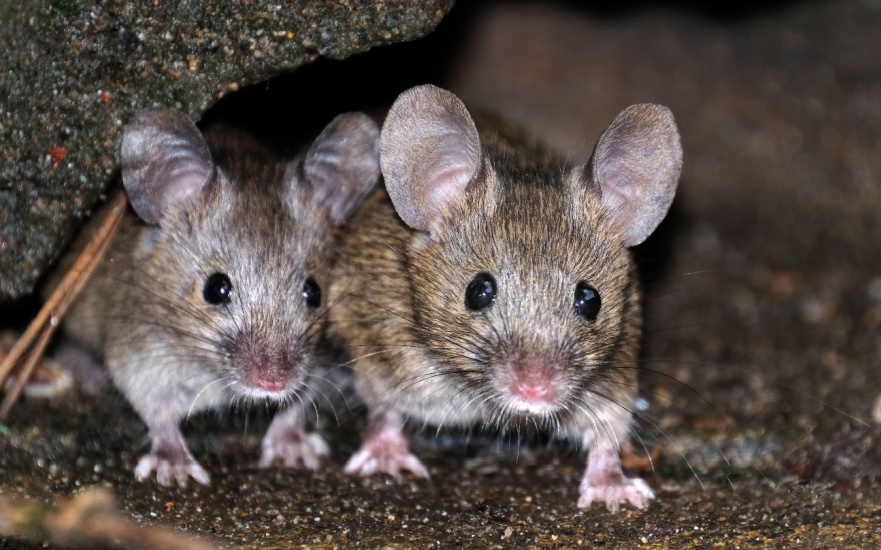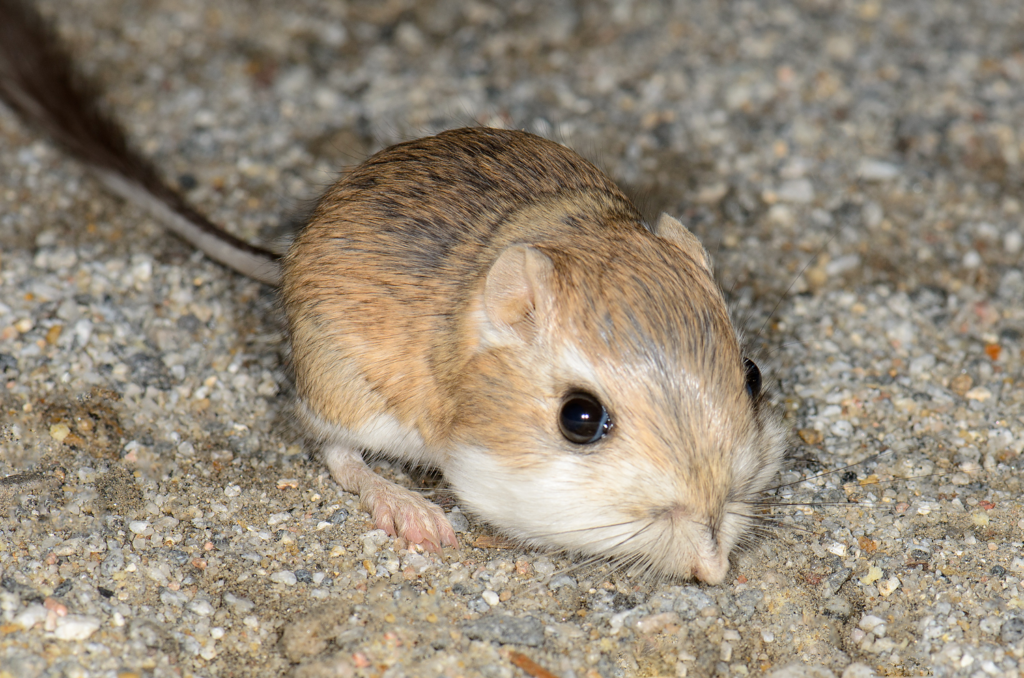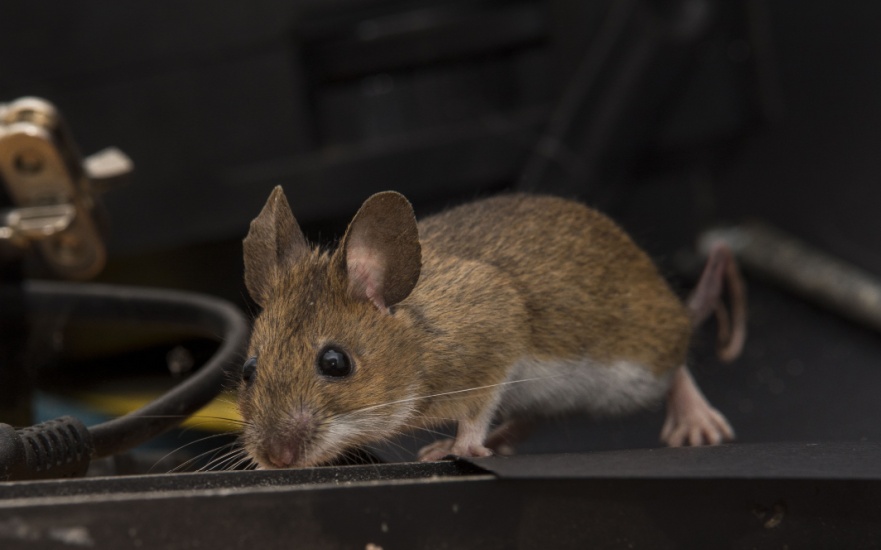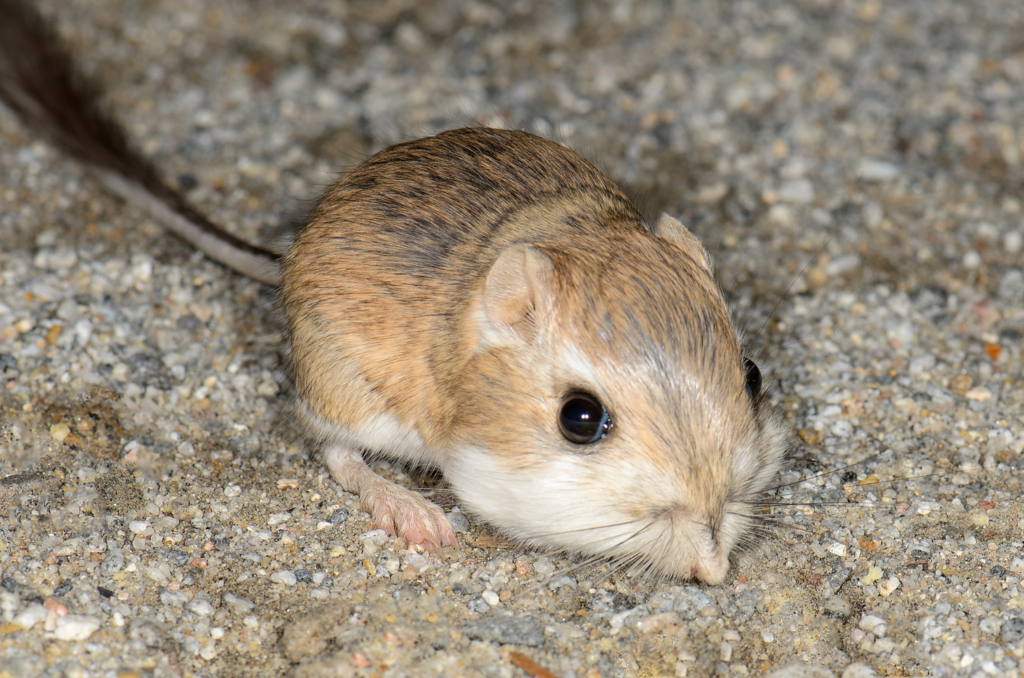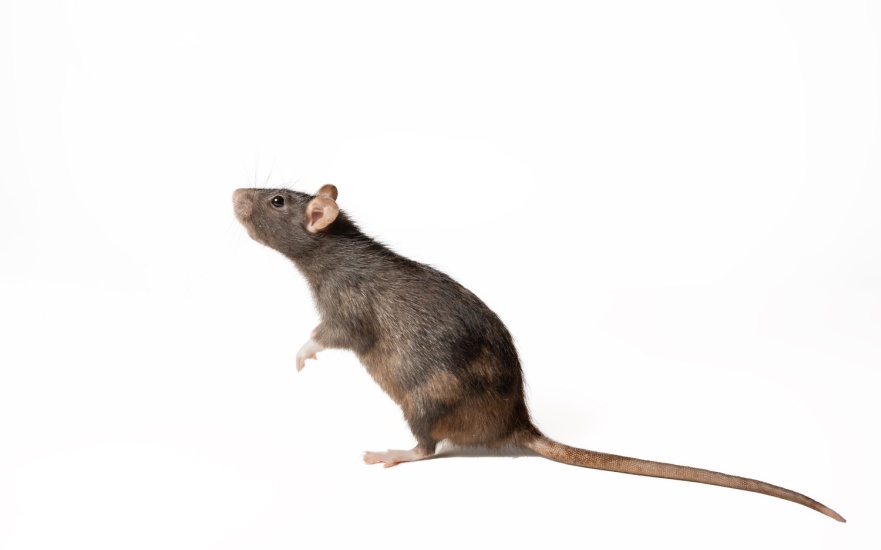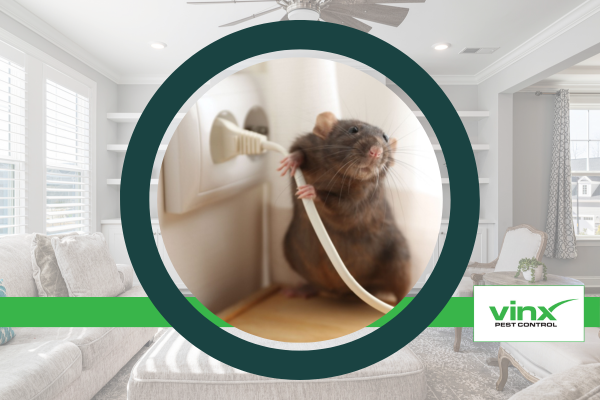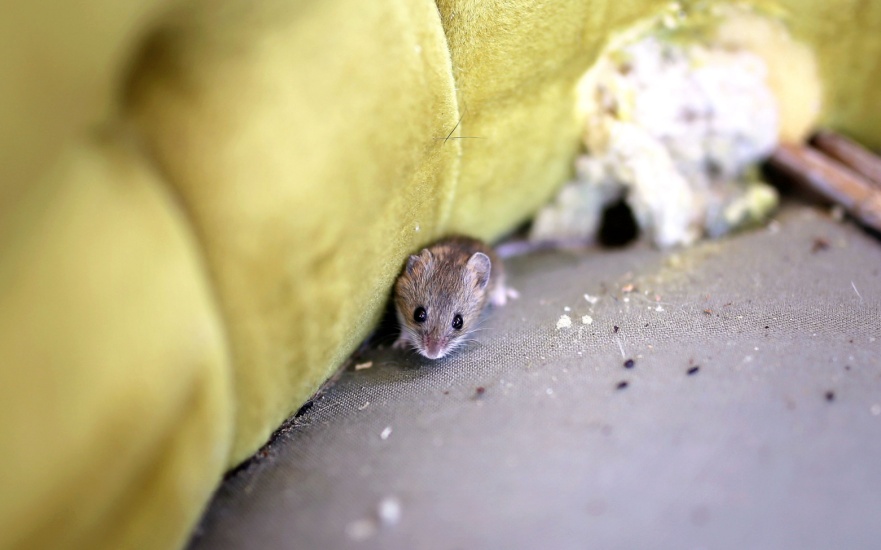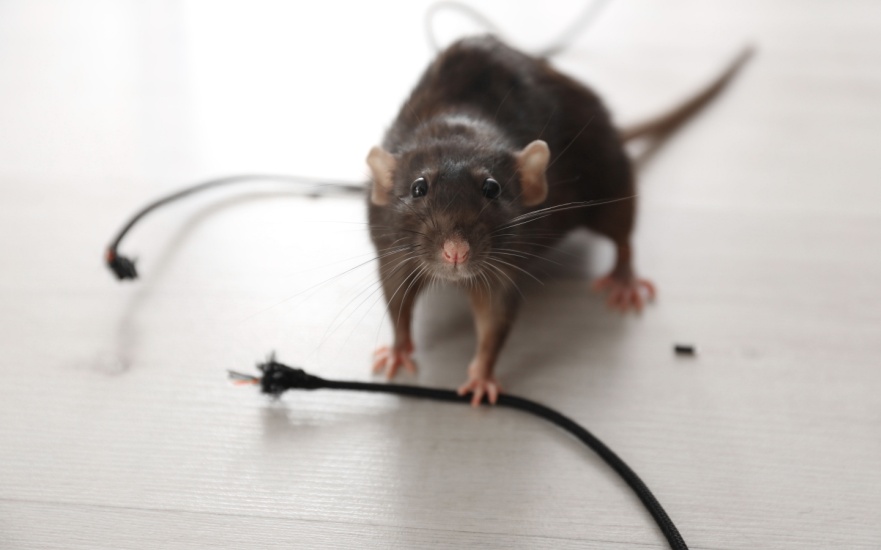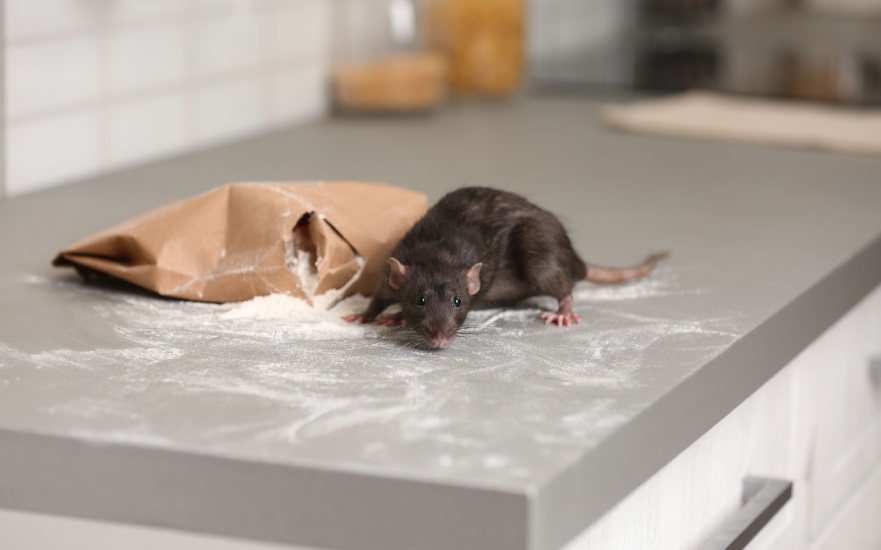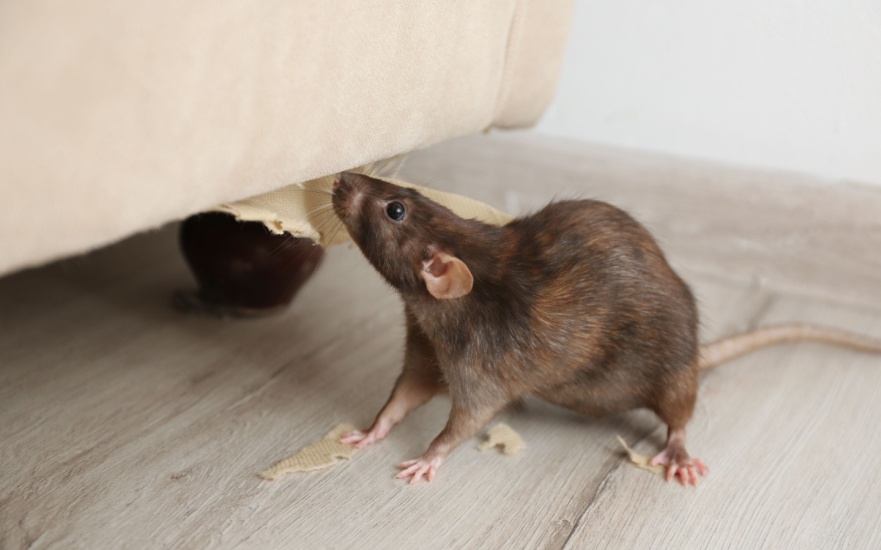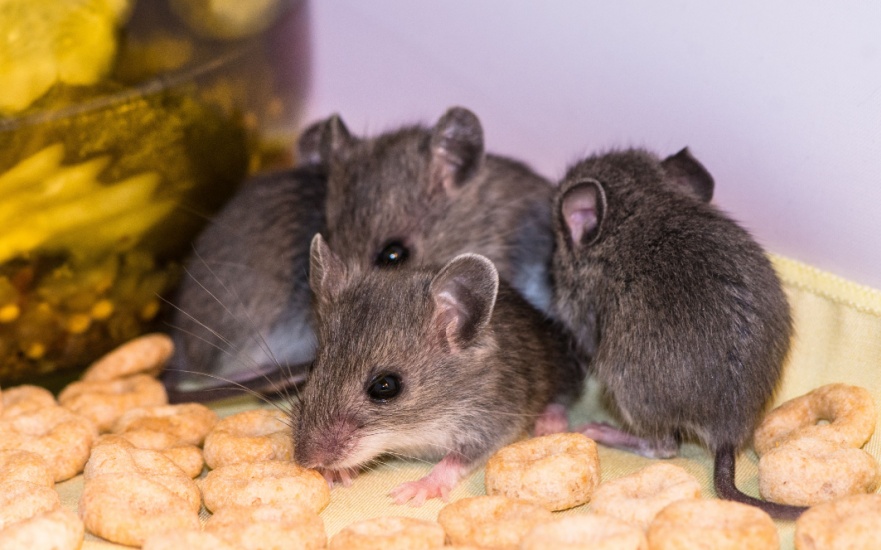Rodents can sneak into your home quietly. They can damage your property and make you sick before you know it. At Vinx Pest Control, we know how important it is to spot these signs early.
Not catching these signs can lead to big problems. That’s why we stress the need for expert pest control. They can check and keep rodents out of your home.
Our team works hard to keep your home safe from rodents. By spotting the signs and acting fast, you can stop more damage and health risks.
Key Takeaways
- Rodent infestations can cause significant property damage.
- Early detection is key to avoiding health risks.
- Vinx Pest Control offers top-notch rodent exclusion services.
- Good pest control keeps your home safe.
- Quick action stops more infestations.
The Growing Problem of Rodent Infestations in American Homes
American homes are facing a big problem with rodents. Rats and mice are common pests. They cause damage and health risks if not stopped.
It’s important to know about these pests. Let’s look at the common rodents in the U.S. and their habits.
Common Rodent Species in the United States
There are three main rodents: house mice, Norway rats, and roof rats. They can live in many places.
- House mice are small and can get into tiny spaces.
- Norway rats are bigger and like to burrow.
- Roof rats are great climbers and live in high places.
Why Rodents Target Residential Properties
Rodents look for food, shelter, and places to breed in homes. Cluttered homes and open food attract them.
Seasonal Patterns of Rodent Activity
Rodent activity changes with the seasons. They move inside when it’s cold. Fall and winter are key times to keep them out.
Knowing this helps homeowners protect their homes. Good rodent control and keeping wildlife out are important.
7 Warning Signs That Indicate You Need Rodent Exclusion Services
Rodents can damage your home, contaminate food, and spread diseases. Knowing the signs can help protect your home and family.
Visible Droppings and Urine Stains
Look for dark, pellet-shaped droppings and urine stains. These signs are often found where rodents are active. If you see them, act fast to stop more damage.

Gnaw Marks on Structures and Food Packaging
Rodents chew on wood, plastic, and metal. Check for gnaw marks on your home and food. This shows rodents are around.
Scratching or Scurrying Sounds in Walls or Attics
Listen for sounds at night. Rodents make noise in walls and attics. Quiet listening at night can help you find them.
Nesting Materials and Debris
Rodents use materials to build nests. Look for debris in hidden spots. This means rodents are nesting in your home.
Unusual Pet Behavior and Alertness
Pets can sense rodents. If your pet acts strange, it might be because of rodents. Listen to what your pet is trying to tell you.
Grease Marks Along Baseboards and Entry Points
Rodents leave grease marks on walls and entry points. These marks show where rodents go. Check your home’s edges and inside for these signs.
Live or Dead Rodent Sightings
Seeing a rodent is the clearest sign of an infestation. If you spot a rodent, act quickly. This means you have a problem.
If you see any of these signs, get help fast. Vinx Pest Control offers rodent exclusion services. Our experts can seal your home and remove rodents. Contact us to protect your home from rodents.
Health Hazards Associated with Rodent Infestations
Rodents can spread diseases directly and indirectly. They are a big threat to our health at home. When they infest, they bring many health risks for the whole family.
Diseases Directly Transmitted by Rodents
Rodents carry diseases like Hantavirus, Leptospirosis, and Lymphocytic Choriomeningitis (LCMV). These diseases spread through contact with their droppings, urine, or saliva. For example, Hantavirus can spread when their droppings or nesting materials are disturbed. This can cause severe breathing problems.
Secondary Infections from Parasites
Rodents also carry parasites like fleas, ticks, and mites. These can infest our homes and spread secondary infections to us. Fleas can cause flea allergy dermatitis, and ticks can give us Lyme disease.
Allergies and Respiratory Complications
Rodents can make allergies and breathing problems worse. Their dander, droppings, and urine can become airborne. This can trigger allergic reactions and breathing issues in people who are sensitive.
Mental Health Impact of Living with Infestations
Living with rodents can really affect our mental health. It can cause stress, anxiety, and unease. Knowing rodents are in our space can be very distressing. It can harm our well-being and quality of life.
At Vinx Pest Control, we know how important it is to deal with rodent infestations quickly. We offer effective pest control, including rodent exclusion services. These steps help prevent health risks from rodents. By taking action against rats and managing infestations, we can keep our health and well-being safe.
Property Damage and Financial Consequences of Rodent Activity
Rodents can cause big financial losses if not stopped. They damage more than just food. They can harm your home’s structure, mess with electrical wiring, and ruin insulation and HVAC systems.
Structural Integrity Concerns
Rodents chew on wood, drywall, and more. This can lead to expensive fixes. If the problem is big and not caught early, it can cost a lot.
- Weakening of wooden structures
- Damage to drywall and ceilings
- Compromised foundation integrity

Electrical Wiring Damage and Fire Risks
Rodents chew on electrical wires. This can cause short circuits and fires. It’s a big risk for homeowners and can cost a lot to fix.
Insulation and HVAC System Destruction
Rodents make nests in insulation, ruining it. They also chew on HVAC parts. This can make your energy bills go up and cost a lot to fix.
Impact on Property Value and Insurance
A rodent problem can lower your home’s value. It might show your home isn’t well taken care of. Some insurance won’t cover rodent damage, or you might have to pay more.
Knowing the risks of rodents can help you stop them. Seal up holes, use humane traps, and get help from wildlife experts if needed.
Understanding Professional Rodent Exclusion: The Complete Solution
Professional rodent exclusion keeps homes safe from rodents. At Vinx Pest Control, we know how important it is. It stops damage and health risks from rodents.
What Rodent Exclusion Actually Entails
Rodent exclusion means checking your home for where rodents can get in. Our experts find even tiny holes with special tools. Then, they seal these holes so rodents can’t get back in.
The Science Behind Effective Exclusion Techniques
We know a lot about rodents to keep them out. Our team can spot rodent signs and know their habits. This helps us make plans to keep your home safe.
Materials and Methods Used by Professionals
Experts use many ways to keep rodents out. They use steel wool, caulk, and foam to block holes. They also set traps and use safe repellents. At Vinx Pest Control, we choose safe options for your family and pets.
Long-term Benefits of Proper Exclusion Work
Good rodent exclusion has many benefits. It saves you money on repairs and keeps your family healthy. Our services give you a rodent-free home for good.
When to Call for Immediate Professional Inspection vs. Monitoring
Knowing when to call for help with rodents is important. Rodents can damage your home and make you sick if not stopped fast.
Emergency Situations Requiring Immediate Action
Some rodent problems need help right away. These include:
- Seeing rodent poop or chew marks in places like the kitchen.
- Finding rodents in the attic or walls, which means a big problem.
- Seeing rodents during the day, which means a very big problem.
Signs That Warrant Professional Assessment
Call a pro if you see these signs:
- Heard strange noises in the walls or attic.
- Found nesting stuff in secret spots.
- Noticed your pet acting weird or scared.
Monitoring Techniques for Suspected Activity
Watch for rodents by using these methods:
- Putting traps in smart spots.
- Looking for rodent signs often.
- Sealing holes to keep them out.
Seasonal Inspection Recommendations
Rodents are more active in spring and fall. Check your home during these times to keep it rodent-free. Keeping your home clean and checking for rodents often helps a lot.

DIY Rodent Prevention vs. Professional Rodent Exclusion Services
DIY rodent prevention seems good, but it’s not as good as professional services. Homeowners might try to seal holes and set traps. But, they might not do it right without the right tools and knowledge.
Limitations and Risks of DIY Approaches
DIY methods can be dangerous and don’t always solve the problem. Homeowners might miss some holes, letting rodents in. Some big risks are:
- Inadequate sealing of entry points, allowing rodents to continue entering
- Improper use of traps, potentially harming pets or family members
- Lack of a full inspection, missing hidden rodent spots
Common DIY Mistakes Homeowners Make
Homeowners often make big mistakes trying DIY rodent prevention. These include:
- Failing to find and seal all holes
- Using the wrong or bad traps
- Not keeping the place clean and rodent-free
The Value of Professional Expertise and Equipment
Professional rodent services give a full fix. They do expert checks, seal holes well, and use safe traps. They have the skills and tools to:
- Find and seal all holes
- Use the best and safest traps
- Teach how to keep the place rodent-free
Cost Analysis: Short-term Fixes vs. Long-term Solutions
DIY might seem cheap at first, but it costs more in the long run. Professional services give a lasting fix that saves money. The first cost of professional help is worth it because you won’t have to keep fixing things yourself.
Vinx Pest Control’s Rodent Exclusion Process
Vinx Pest Control has a special way to keep your home rodent-free. We know every home is different. So, we adjust our methods to fit your needs perfectly.
Our Multi-Step Inspection Methodology
We start by checking your home for any signs of rodents. We look in attics, basements, and crawl spaces. This helps us find even the smallest signs of rodents.
Advanced Identification of Entry Points and Vulnerabilities
We use special tools to find where rodents might get in. This lets us make a plan to keep them out. We focus on fixing the main problems.
Custom Exclusion Plans for Your Specific Home
After our inspection, we make a plan just for your home. We seal up holes, install special devices, and more. This keeps rodents out for good.
Eco-Friendly and Family-Safe Materials
We care about your family’s safety. That’s why we use safe, green materials. Your home stays safe and healthy.
Ongoing Protection and Maintenance Programs
We also offer ongoing care to keep rodents away. We work with you to set up regular checks. This keeps your home rodent-free all the time.
Choosing Vinx Pest Control means your home is safe from rodents. Our team is all about safe, effective pest control. We’re here to help you keep your home rodent-free.
Here are some articles for you to learn more by location!
Charleston
Greenville
Virginia Beach
Columbia

Conclusion: Securing Your Home Against Rodents for Good
Keeping your home safe from rodents is key. Rodents can harm your health, damage your home, and cost you money. It’s important to stop them before they start.
Vinx Pest Control has a plan to keep rodents out. We check your home carefully, find where they get in, and make a special plan for you. We use safe and green materials to protect your family.
Choosing our rodent control services means you get long-term protection. Our team and tools keep rodents away, so you can relax. Your home and family will be safe.
Don’t wait for a problem. Call Vinx Pest Control now for a rodent check. Start your journey to a rodent-free home today. Our expert services will keep your home safe from rodents forever.
FAQ
Q: What are the signs that my home needs rodent exclusion services?
A: Look for droppings, gnaw marks, and pets acting strange. Also, listen for sounds in walls or attics. If you see these signs, call Vinx Pest Control.
Q: What are the most common rodent species found in American homes?
A: In the U.S., you’ll often find house mice, Norway rats, and roof rats. Knowing which rodent you have helps us exclude them better.
Q: Why do rodents target residential properties?
A: Rodents like homes because of food, water, and shelter. Clutter, pet food, and open entry points attract them.
Q: What health hazards are associated with rodent infestations?
A: Rodents can spread diseases, parasites, allergies, and breathing problems. Quick action to exclude them is key to stay healthy.
Q: What is professional rodent exclusion, and how does it work?
A: It’s about finding and sealing entry points, removing rodents, and stopping future ones. We use safe, eco-friendly materials for this.
Q: When should I call for immediate professional inspection?
A: Call us right away if you see a rodent or signs of them. Also, get seasonal checks to stop infestations before they start.
Q: What are the limitations of DIY rodent prevention methods?
A: DIY methods might not solve the problem and can fail over time. For a real solution, contact Vinx Pest Control.
Q: What is the cost analysis of short-term fixes versus long-term solutions?
A: Quick fixes might seem cheap but lead to more problems and costs later. Our services offer a lasting fix, saving you money and trouble.
Q: What makes Vinx Pest Control’s rodent exclusion process so thorough?
A: Our detailed inspection, finding and sealing entry points, and custom plans make our service complete. We also offer ongoing protection and maintenance.
Q: How can I prevent rodent infestations in the future?
A: Regular checks, sealing holes, cleaning up clutter, and using rodent-proof containers help. Our programs also keep rodents away.




